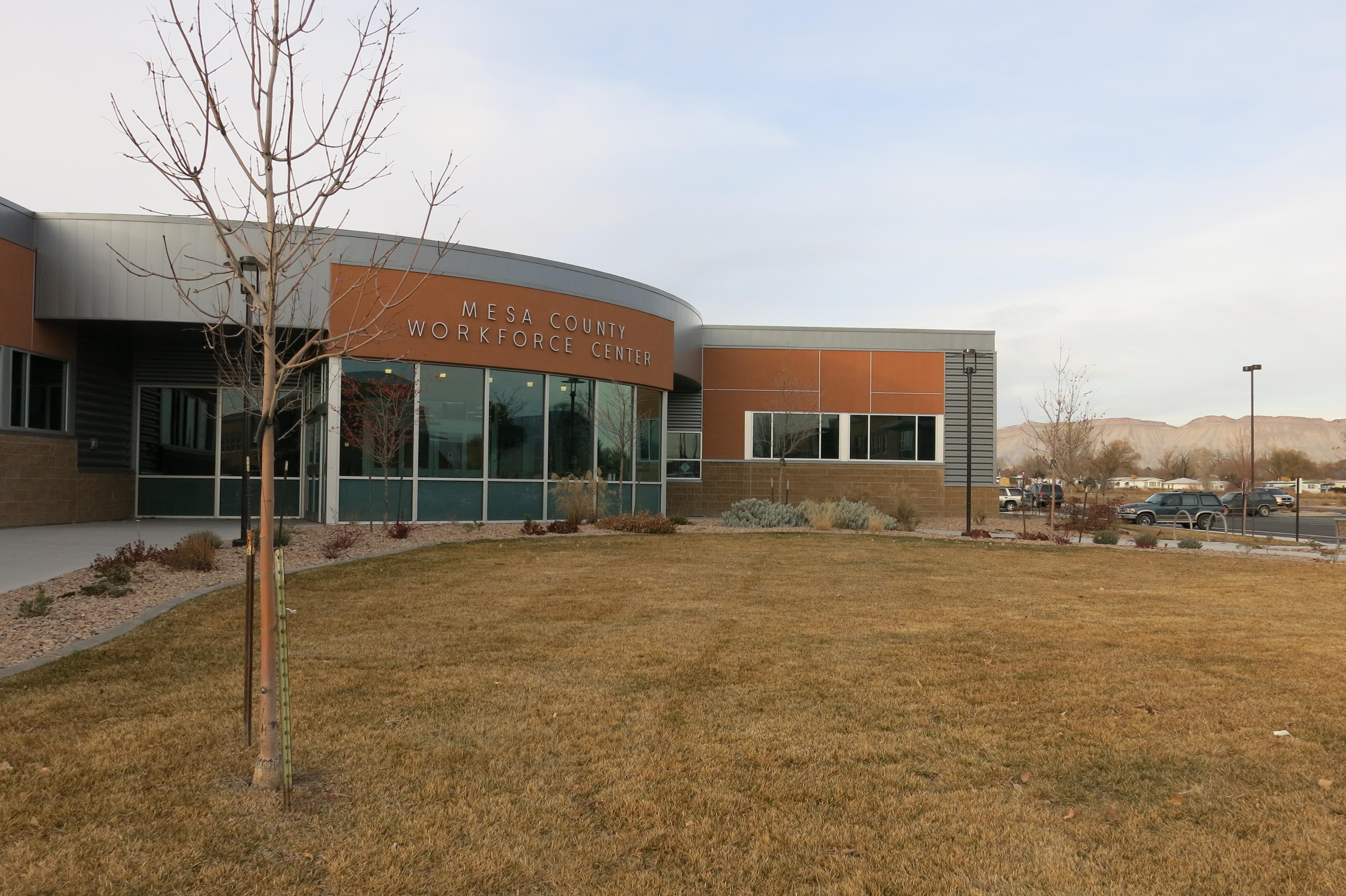

A state plan to increase cash welfare for the first time in nearly a decade is meeting resistance from Colorado counties.
Their objection lies not with the need for an increase, but how to pay for it.
Colorado's Department of Human Services proposed a 10 percent increase for families that receive cash welfare through the federal Temporary Assistance for Needy Families program. That amounts to an extra $46 above the current limit of $462 a month for a family with one parent and two kids.
That increase would benefit about 17,000 Colorado households that receive cash assistance each month. An additional 34,500 receive assistance over the course of a year.
There are restrictions on the benefits. Adults must participate in classes or skill-based trainings designed to help them get a job, and no family can receive grants for more than 60 months.
Counties Want To Guard Savings
The issue for counties is the plan to fund the increase. The proposal would force counties to spend the allocation on cash assistance, rather than keeping it in reserves. Counties often store part of their allocation for basic cash assistance to help pay for other programs, like child welfare or childcare assistance.
Julie Krow, executive director for El Paso County Department of Human Services, said both sides agree Colorado’s poorest families could use the help, but she doesn’t think it should come at the expense of other programs.
“Would any parent ever feel comfortable having no savings in the bank to meet their own children’s needs?” Krow said. “We have legal custody of many of the children in our child welfare system. If these children have a critical emergency or an expensive treatment need, it is the county that covers the expense.”
Colorado Counties, Inc., which represents the 64 counties on state issues, has also come out against the planned increased.
The State Sees Underspent Funds
The Colorado Department of Human Services argues counties would not need to tap their reserves. The department estimates the cost of the increase would come to $8.1 million — less than the $10.3 million of TANF money counties socked away during the last fiscal year. In total, Colorado counties have set aside about $50 million in money from the cash welfare program.
“All we are asking is that we use underspent money to help families in deep pockets of poverty,” said Ki’i Powell, executive director of the Office of Economic Security at CDHS.
Colorado last increased the caps for the grants given through its program, known as Colorado Works, in 2009. Even before that, the overall value of the program struggled to keep up with inflation or the cost of living. Since the beginning of the program inception in 1997, the Department of Human Services estimates that the purchasing power of the grants has fallen 35 percent.
Gini Pingenot, legislative director for the Colorado Counties Inc., said many Colorado counties have already committed their TANF reserves for other programs. Data collected by Colorado Counties shows that by year’s end, 15 counties will have zeroed-out their reserves — even without the proposed increase.
“I don’t know how we will fulfill what’s a really laudable effort,” Pingenot said.
National Pressures
The debate comes as Congress considers a new plan for welfare reform. The Republican-led effort would continue the TANF program for five years while allowing states to use more of its welfare funding for child care and job training.
In Colorado, county advocates say the state shouldn’t act before Washington. But those pushing for the increase are worried the lack of action may send the wrong message to Congress.
“They would think we don’t need to fund this program as much as we are when that could not be further from the truth,” said attorney Jack Regenbogen, who has advocated for the increase on behalf the Colorado Center on Law and Policy, an anti-poverty group.
The state Board of Human Services begins debate on the issue at a June 1 meeting.









